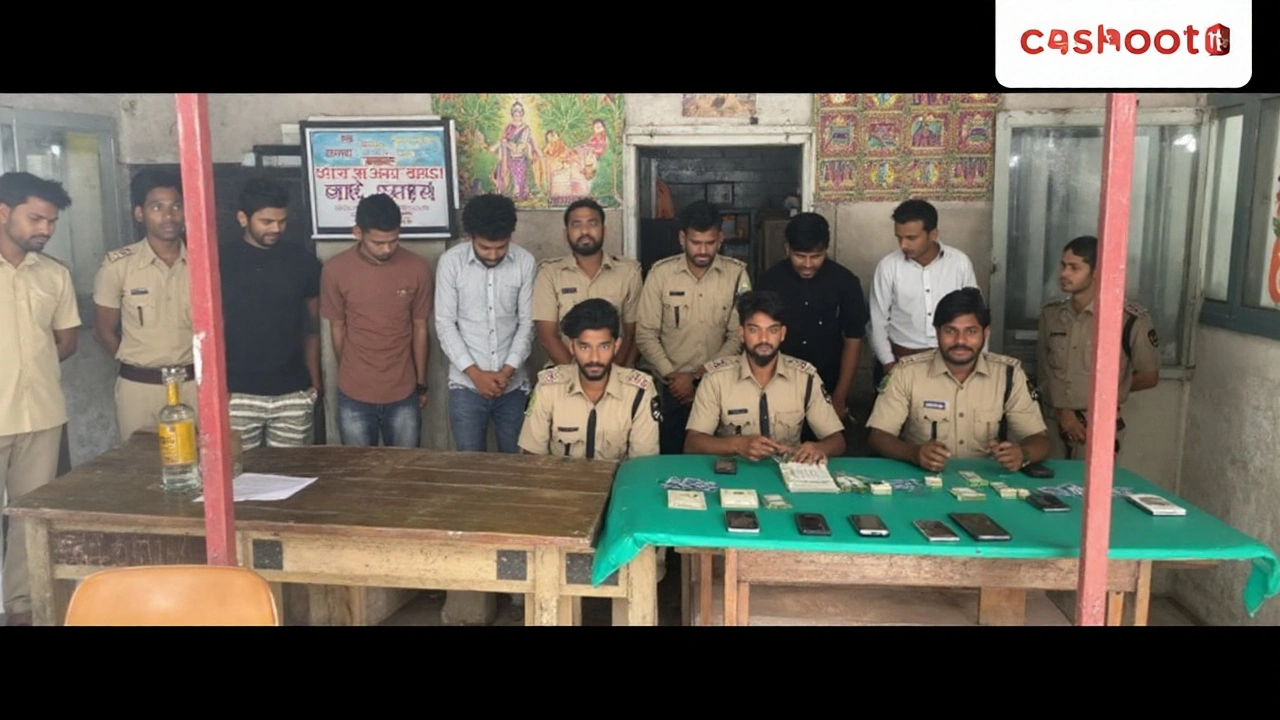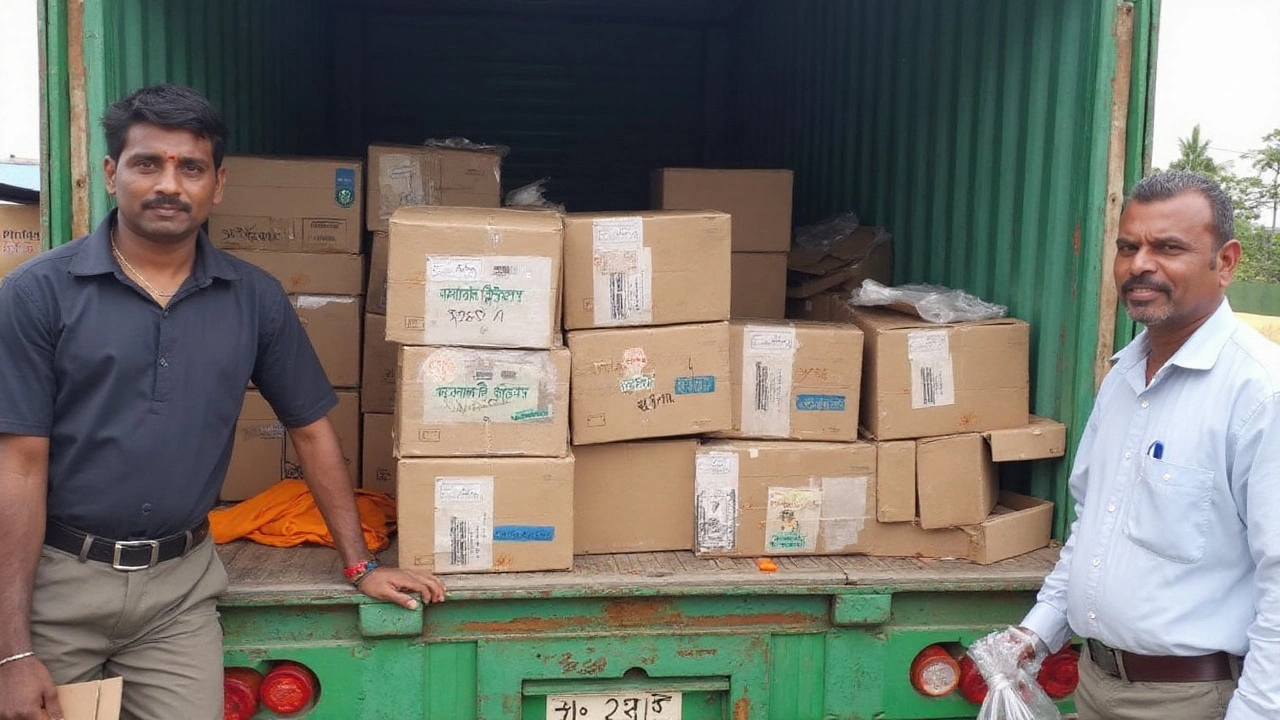ChatGPT Meets the Lottery Machine
When most people think about picking lottery numbers, they picture birthdays, lucky sevens, or random scribbles on a slip of paper. Carrie Edwards, a 58‑year‑old widow living in Midlothian, Virginia, took a different route. On a quiet afternoon in early September, she opened a chat with OpenAI’s chatbot and simply asked, “Do you have numbers for me?” The AI responded with a six‑digit set, and Edwards decided to trust the recommendation for the September 8 Powerball draw.
That decision turned into a Powerball story that quickly spread beyond the local press. The drawing showed her numbers lining up with four of the five main balls and the Powerball itself. A notification on her phone confirmed the win, and a follow‑up call from the lottery officials verified the $150,000 prize. While the odds of hitting such a combination are astronomically low, Edwards’ use of artificial intelligence added an unusual twist that caught the attention of both tech enthusiasts and gambling circles.

Turning a Windfall into Community Healing
Instead of celebrating with a vacation or a shopping spree, Edwards announced at a press conference that she would donate the entire prize to three charities she felt deeply connected to. Her choices reflected the three pillars she described as “healing, service, and community.”
- Navy-Marine Corps Relief Society – This organization offers emergency financial aid, educational scholarships, and other support to active‑duty service members, veterans, and their families. Edwards highlighted the society’s role in helping those who protect the nation, describing it as a direct way to give back to people who serve.
- Shalom Farms – A Richmond‑based nonprofit that works toward an equitable food system, Shalom Farms provides fresh produce to low‑income neighborhoods, runs educational programs, and advocates for sustainable agriculture. Edwards said the farm’s mission aligns with her belief that everyone deserves access to nutritious food.
- Association for Frontotemporal Degeneration (AFTD) – This charity funds research into a rare form of dementia that claimed her husband’s life just a year earlier. By supporting AFTD, Edwards hopes to accelerate scientific breakthroughs that could spare other families the pain she endured.
Edwards’ decision was more than a philanthropic gesture; it was a personal statement. She explained, “When that divine windfall landed on my shoulders, I knew exactly what to do—give it all away. I’ve been blessed, and I want this to be an example of how others can bless others when they’re fortunate.” The emotional weight behind the donation to dementia research was especially evident, as she spoke about the long, difficult journey of caregiving and loss.
Her story has sparked conversations on multiple fronts. Lottery officials are noting the odd but harmless role of AI in number selection, while ethicists are debating whether algorithms should ever be trusted for gambling decisions. Meanwhile, local nonprofits have reported a surge of interest and donations, inspired by Edwards’ high‑profile generosity.
Beyond the headlines, the practical impact is already palpable. The Navy-Marine Corps Relief Society announced plans to allocate the funds toward emergency housing grants for displaced families, Shalom Farms said the money will expand its community garden plots in underserved areas, and the Association for Frontotemporal Degeneration earmarked the contribution for a new grant program aimed at early‑stage clinical trials.
Edwards’ experience demonstrates how a single lucky ticket, guided by a piece of software, can ripple outward into lasting community benefits. Whether she will try her luck again or stick to AI‑free days remains unknown, but the narrative she’s created—where technology, chance, and compassion intersect—has already left a mark on Virginia and beyond.
